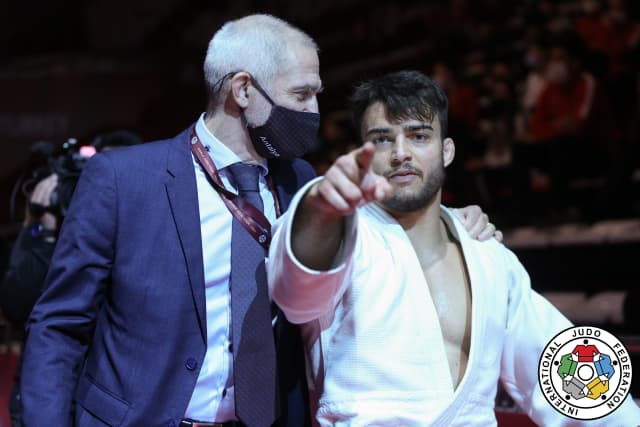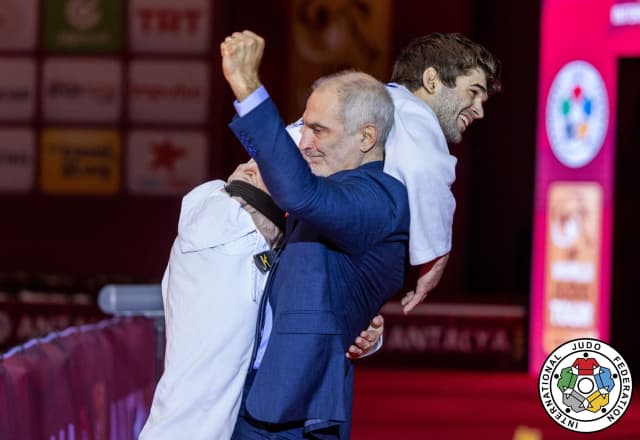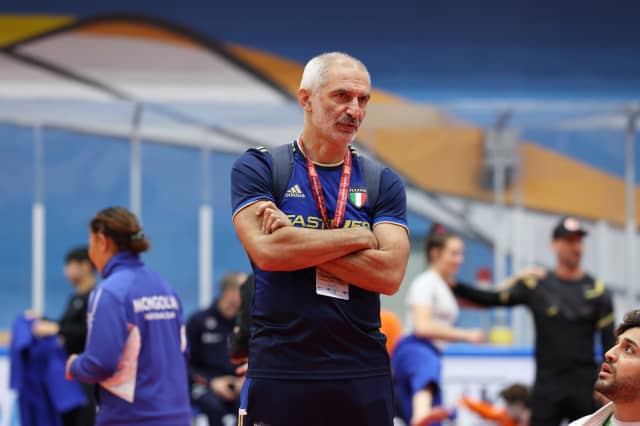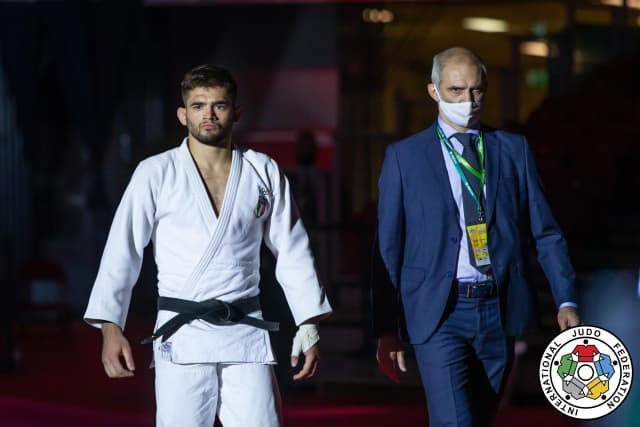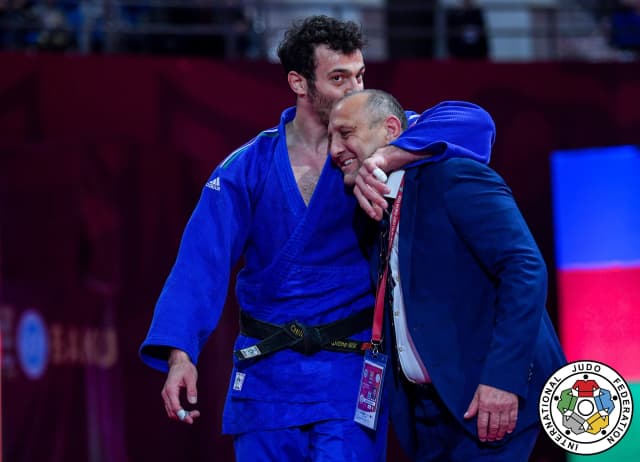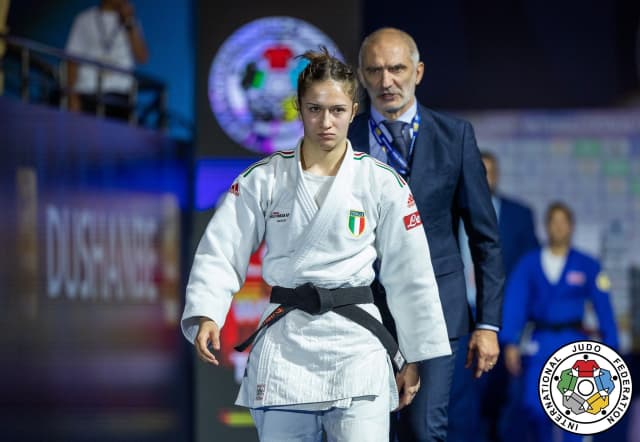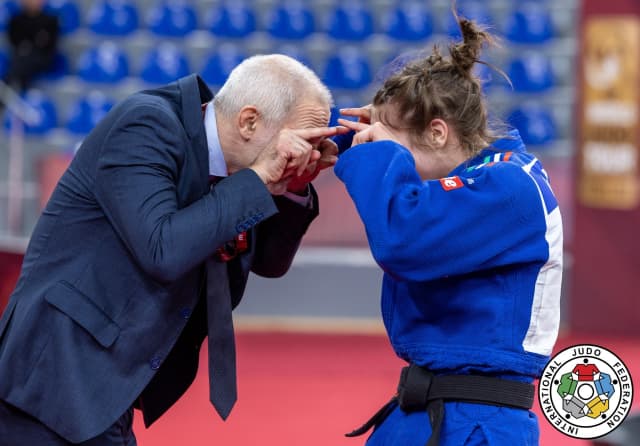Among the coaches of the World Judo Tour sits Raffaele Toniolo (ITA). His client base, for want of a better term, is broad, to say the least. He works with Olympic champion Fabio Basile, double world medallist Manuel Lombardo, his own daughter Veronica Toniolo who is still a junior but is already pushing herself on to the Tour podia, Piras, Mungai and many more. Raffaele also works with juniors a lot, developing the elite seniors of the future. How is it possible to juggle the massive range of needs and programmes required to develop all of those athletes in the right way and still keep them together as a unified team?
“My athletes come from my club, Akiyama. The system in Italy changed again just a couple of years ago, moving away from centralisation and back to three training centres, based around some of the strongest clubs. Now we have our Performance Director, Laura Di Toma, along with the Head Coach for women, Francesco Bruyere and the Head Coach for men, Raffaele Parlati. Working with them is a group of coaches, of which I am one.”
There is a crossover, an overlap that keeps club judo and the elite end always in sight of one another, but what does that mean for the managing of relationships? How does a coach like Toniolo juggle so many tasks, levels and personalities?
“The first thing is that the athletes have all known me from the very beginning. Me and my brother have always been their coaches, since they started, some of them as young as 5 years old. They have confidence in me. This is the real feeling. When I speak with them, they believe in it and this is so important before their matches."
"Everyone is so complex and so different. It’s a difficult job. Managing them really works because of this long relationship. They, together with me and my brother, decide the competition programme together, for example. There are always individual programmes according to the athlete, the objective, the ranking, the weight and a lot of other factors. They all have such different characters too, some enjoying the grind of wading through challenges in competition, some preferring to be in perfect condition every time. It is very complicated."
"The national coaches are happy to work this way, within this system. This is really the secret; the secret is that all athletes can speak freely with their own long-term coaches. It’s not like having a national coach, with some unwritten consequences for their honesty, leaving them unable to express themselves. With all of us they can be genuine and tell us what they really need.
The three training centres are in Torino, this is our club, Akiyama, in Rome at the Olympic centre and in Napoli which is Raffaele Parlati’s place, Nippon Napoli. In every month all the national team athletes will stay in their centres for 15 days and for most that means being at home with their families, partners, their own beds and some home cooking. The rest of the time they are in their home clubs or away at competition. For so many being at home also means being in or around their particular centre and so there is always contact."
"In July there will be 15 days in Papendal, Netherlands, and 15 days at home. You know, being at home saves both money and spirit. We can say that in their home time they are in their comfort zone but we can push them really hard when needed.”
Maybe the anomaly is also that Raffaele Toniolo coaches his daughter. Incidentally Raffaele Parlati also coaches his sons, most successfully Christian, junior world champion and senior world silver medallist.
“Coaching my daughter is very difficult, but we have reached a very good balance, especially with my wife so involved, she is essential to the process; she was also an athlete in the national team. She is the mediator and always calms things. Veronica and I are two Taurus’ and we butt heads a lot but in the end we have found a good way. When I work with other players it is more simple than with my daughter because with her there is no distance, the involvement is just different. It is not better, not worse, just different.”
From the results and the spirit visible on the World Judo Tour, we get the feeling that Italy has found a way, a strong way which allows coaches some freedom to be themselves, while allowing the athletes the same. Their relationships are natural and close and clearly embrace the passion that comes so instinctively within Italian culture.

